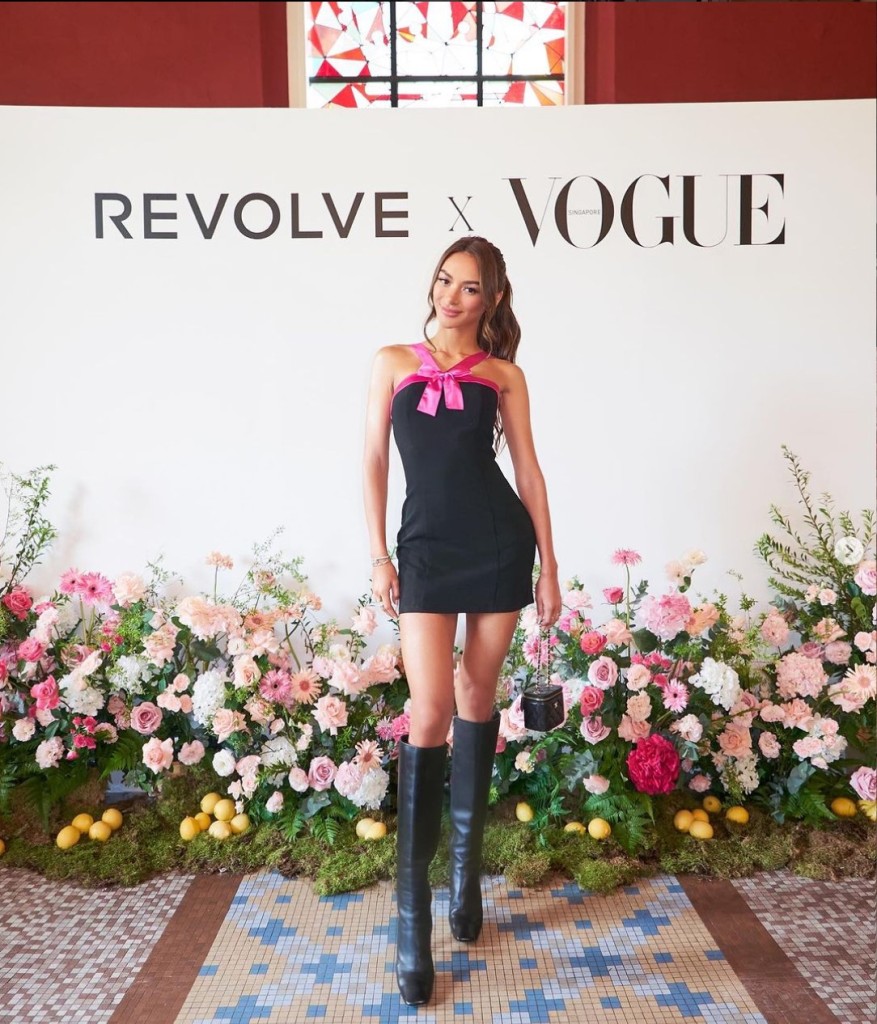
Revolve remains one of the largest holdings in my portfolio. The stock has suffered due to softening demand in the U.S. Consumers are spending less on discretionary items due to high-interest rates. Revolve and most luxury brands are directly affected when aspirational shoppers spend less money. When you add economic uncertainty and a tense geopolitical landscape, it creates a rather unsettling picture. The company has lost favor with Wall Street, and analysts have written off the company, but not so fast. Signs of a retail rebound are emerging, and Revolve can bounce back strong.
Despite retail headwinds, the underlying fundamentals of the business remain intact. The leadership, vision, and strategy have stayed the same. Revolve, as a business, has many traits that I love in an investment:
- No long-term debt.
- Low CapEx spend.
- Proven history of generating an operating profit before the pandemic and even during a tough 2023.
- No significant share dilution.
- Buy back shares at an appropriate price when the stock price is low.
Revolve is still the same: a profitable e-commerce fashion platform that leverages social media and influencer marketing.
The broader slowdown in the luxury market has occurred as we have seen some cracks. Saks Fifth Avenue has been months behind in paying some of its vendors. Farfetch, which is, in my best comparison, the Shopify of luxury fashion, is either on the verge of insolvency or going private. Although these are disturbing headlines for the industry, they are incremental to the vast online luxury space ecosystem and insulated from these poorly managed companies. Saks issues predate the pandemic, while Farfetch has an extreme governance issue. Early signs point to a rebound or a normalization of luxury spending.
Farfetch was a company I considered investing in due to its innovation. Fast Company named it the 19th most innovative company in 2022. My concern with Farfetch was its large debt load and a lack of clear direction. The company tried to emulate Amazon’s growth strategy, but that approach has been costly. Instead of being innovative, they have become bloated with a complicated business structure.
The advantage of being an asset-light business is that you can remain innovative, be agile, and have excellent margins. Farfetch was asset-light in its early days but went on an expensive acquisition spree over the past eight years, entering into physical retail and drifting away from being solely a technology fashion platform. A lot of these investments have gone south. As their growth slowed due to a changing macro-environment, the story became muddled as they piled on more debt, further delaying the likelihood of becoming profitable anytime soon.
Revolve has avoided Farfetch’s mistakes by not expanding into physical retail or entering ambitious endeavors outside their core business, like the resale market. Farfetch will likely survive operating, but not as a public company. The stock is down over 97% from its all-time high in 2021. Many of its key executives have already departed, and they will likely have to offload many of its investments at a steep discount.
Revolve remains intensely focused on brand engagement and building a dedicated army of influencers who promote the company. The strategy is working, and Revolve is seeing meaningful growth in its virality on TikTok. The business model is becoming like a perpetual royalty business on influencer marketing. The Brand Ambassador Program becomes a money-printing advertising business as its digital channel presence on Instagram and TikTok grows; it generates more cash on every new post. Having such little debt and low CapEx spending means Revolve can continue investing in its brand. I will eagerly see how much Revolve and Forward can develop in the next 5-10 years.